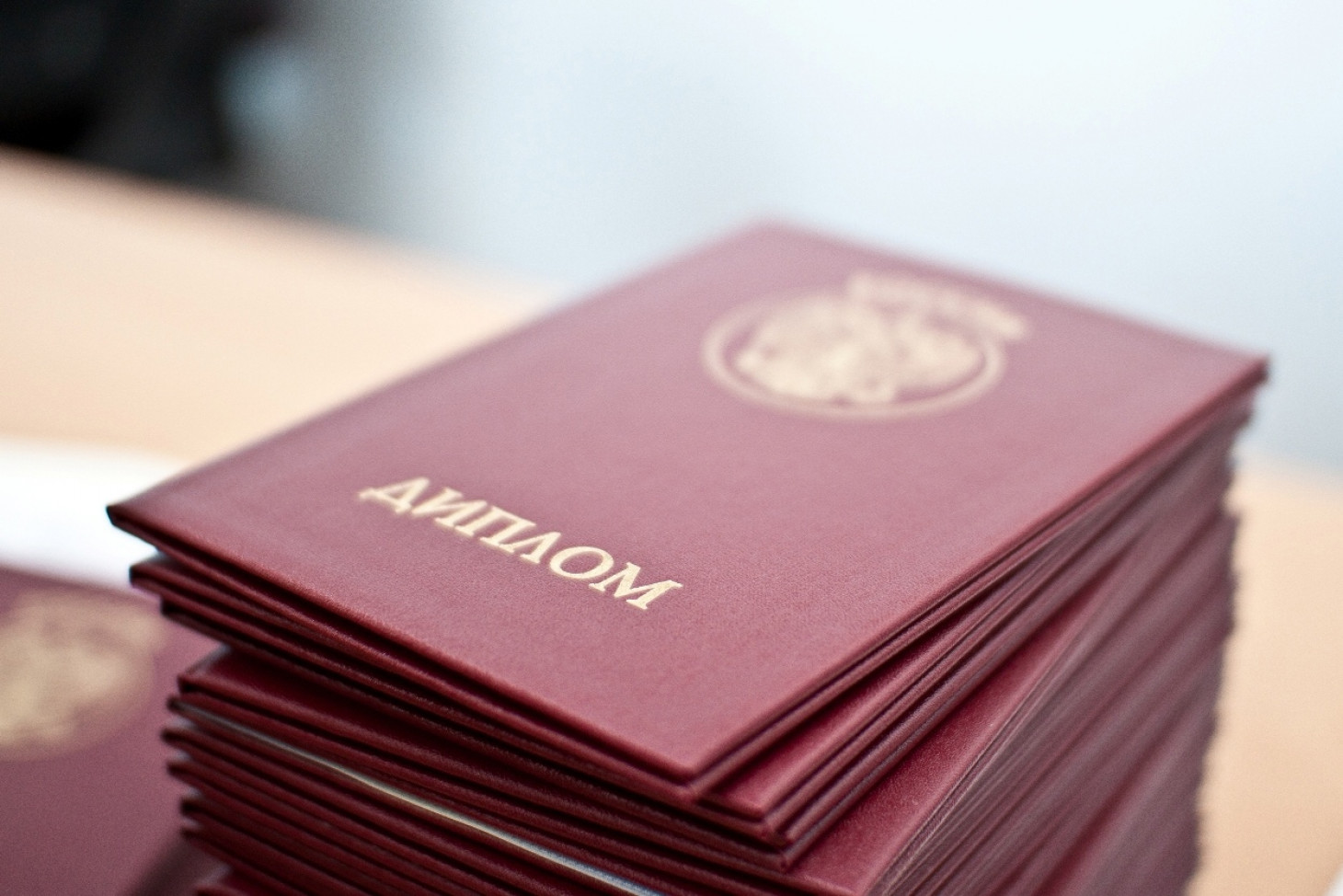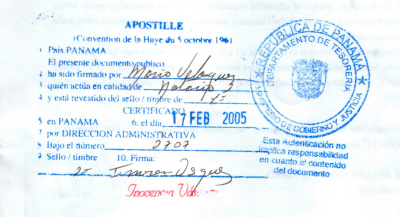Certifying DIS, DIM, DIB, and DI category diplomas
Starting February 11, 2003 in accordance with Order No. 470 of the Ministry of Education of the Russian Federation, students were issued special series of diplomas:
- DIG series for foreign bachelor degrees
- DIM for foreign master's degrees
- DIS for foreign specialist degrees
For those types of diplomas an attachment was provided in two languages – Russian and English, Russian and French, or Russian and German (a similar normative act to the Order listed above existed in the USSR as well).
In 2009, diplomas of the given categories were called off, due to which currently the following rules for are now in effect for certifying and placing Apostille stamps on the originals:
1) a foreign citizen who has received a university degree in the USSR (before December 26, 1991) must have a diploma of the category DIS, DIM, DIB, or DI. An Apostille stamp is to be placed on the given document in the established fashion. A full consular certification of this document is complete by means of the Ministry of Internal Affairs of the Russian Federation and the embassy of the necessary government (not included in the Gaag convention) placing their seal of approval on the original. Also, the given diplomas can be certified in normal fashion, in other words you must submit the document in the form of a notarized copy along with a notarized translation and the seals of approval stamped by all necessary government authorities of the Russian Federation and the consular department of the embassy of the destination country.
2) a foreign national who has received a professional degree in the Russian Federation during the period of between 2003 and 2009 must have a category DIS, DIM, DIB, or DI diploma. Currently an Apostille stamp is to be placed on them in the established fashion. A full consular certification of this document is done by receiving the mark of seals from the Ministry of Internal Affairs of the Russian Federation and the embassy of the necessary government (not part of the Gaag Convention) on the original. Also, the given diplomas can be certified in normal fashion, in other words you must submit the document in the form of a notarized copy along with a notarized translation and the seals of approval stamped by all necessary government authorities of the Russian Federation and the consular department of the embassy of the destination country.
A foreign national’s receipt of a diploma during this time period is not deemed as valid and such a document is subject to exchange for a document of a category indicated above and subsequent certification.
3) a foreign national who has received a professional degree in the Russian Federation at a time after the year 2009 must be of the standard (general Russian) category. Currently, an Apostille stamp is to be placed on it in the established fashion. Full consular certification of this document is to be completed in normal fashion, in other words you must submit the document in the form of a notarized copy along with a notarized translation and the seals of approval stamped by all necessary government authorities of the Russian Federation and the consular department of the embassy of the destination country.
Our company provides services in receiving Apostille stamps, seals of full consular certification, as well as nostrification (establishment of equivalency) for Russian government-issued education documents for Italy (dichiarazione di valore in loco). Furthermore, we also provide services in claiming education documents in higher education institutions of the Russian Federation in the case that your document is lost or ruined as well as replacing documents produced in violation of the applicable laws of the Russian Federation.

Other articles on the topic
View articles





